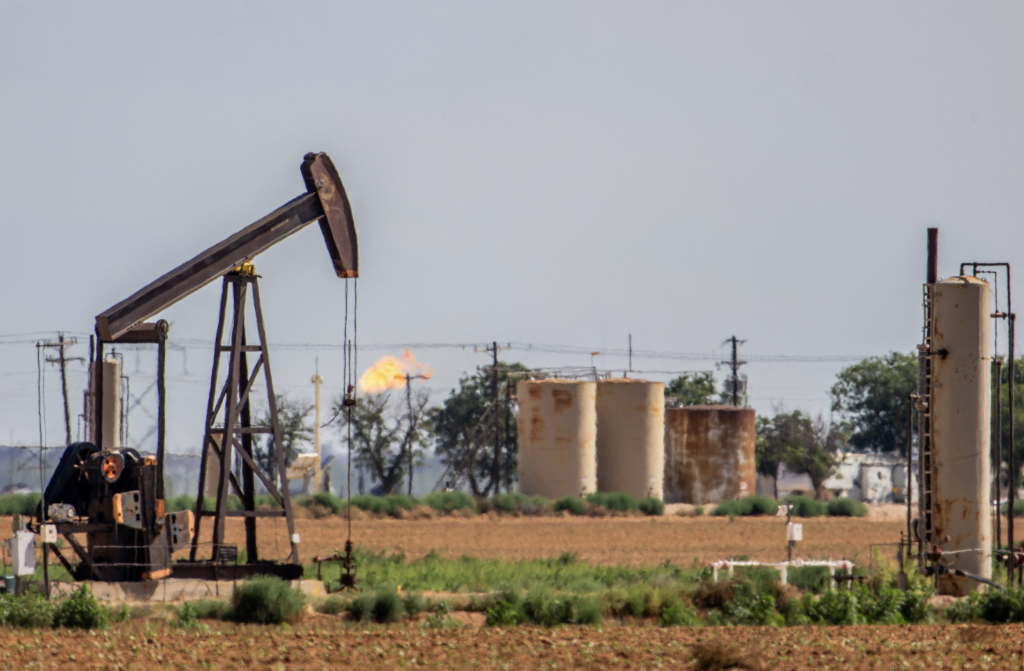M
beyond what is declared, In Mexico there is no food sovereignty. According to Vía Campesina, food sovereignty consists of the right that people have to produce their food, in their territory, in a way that reinforces their cultural values and the environment. It must guarantee that peasants, family farmers and rural women have the necessary resources to produce food, have greater access and control over land, seeds, water, credit and markets (https://shorturl.at/frdGC).
None of that happens here. To begin with, more than half of the basic grains that its population consumes are imported. The combined action of free trade agreements (especially the T-MEC), the agrarian counter-reform to article 27 of the Constitution of January 6, 1992, which opened social property to the land market, the deregulated operation of large agro-industrial consortia and the lack of financing and promotion policies have turned us into a country subject to the interests of the agri-food giants.
Our productive dependence can be seen, for example, in fertilizer imports, aggravated by the war between Russia and Ukraine. We only manufacture about 30 percent of what we need. During the first half of 2024, imports exceeded the already high figures for the same period last year by 17.5 percent. Ironically, during the last decades of the last century, the country was self-sufficient in manufacturing its fertilizers.
Since Mexico’s entry into the GATT (1986) and the successive counter-reforms to the 27th Constitution, peasant agriculture has been dismantled and an agro-export model has been strengthened. We export (mainly to the US), beer, tequila, avocado, berries and vegetables, and we buy corn, rice, beans, sugar!, soybeans (the second US importer of the oilseed on a global scale), and sorghum. The profits from our exports go to transnational companies.
This model massively employs some 3 million day laborers who work in savage exploitation conditions. They work days that exceed eight hours a day. Families live overcrowded in barracks and camps, often without drinking water. They do not have social security or medical services; paid days off are unusual and children are out of school. They are exposed to pesticides. Women are sexually harassed by foremen and employees. Many young people consume glass to support their overwhelming workloads. Attempts to unionize and negotiate collective contracts are persecuted and sanctioned by employers. Unfortunately, there are no policies or resources allocated to stop this situation, which does not envy what was narrated in 1910 by John Kenneth Turner in Barbarian Mexico.
There is no evidence to suggest that with the rural budget approved for 2025 things will change. As Ernesto Ladrón de Guevara has explained, the allocated resources total 453,711 million pesos, just over 1 percent higher in nominal terms than in 2024. In other words, it does not compensate for the effects of inflation.
The budget does not guarantee an increase in the production of basic goods to substitute imports, nor does it allocate significant resources to agricultural development. For example, the Special Concurrent Program for the Rural Sector does not allocate amounts for credit or agricultural insurance, central elements to support the countryside. IMSS Bienestar does not appear either. Even less, does it have support for collective organization for production, necessary so that farmers can achieve economies of scale that allow them to confront, on a not so uneven field, coyotes and industrialists.
On November 10, Julio Berdegué Sacristán, head of Agriculture, announced the creation of the Welfare Seed Producer, to provide high-quality grains to bean growers. We consume at least one million tons of the legume, but only 700,000 are harvested, he noted. However, the budget does not explicitly consider an amount for that item.
A few days before, on October 22, that official reported on the Reaping Sovereignty program, which will give the opportunity to increase the production of the main foods in 1,175 municipalities with high levels of poverty and production potential, where 536,000 producers will benefit
towards the end of 2030. Unfortunately, in the budget for 2025 there are no resources allocated to this program.
On November 25, the secretary indicated that the modernization of irrigation will be promoted, in 52 thousand hectares for districts 010 and 075 in Sinaloa. But it’s unclear where the budget will come from.
On the other hand – explains Ladrón de Guevara – the Benito Juárez Basic Education for Well-being programs (dependent on the SEP) and Support for Women’s Institutions in the Federal Entities (attached to the Government) are classified as resources destined for the rural sector.
Direct support, such as that for the Elderly, increases the income of people within the towns, but does not promote the cultivation of basic necessities or work, they are detached from production. Other programs have fragmented (and promoted the sale) of the common areas of ejidos and communities.
Without more spending on the countryside and without sufficient resources for development policies, without reversing the counter-reforms to the constitutional 27, without the defense of day laborers, without strong small producer organizations, without another agricultural model, with the hoarding of water concessions for agricultural use, not only will there be no food sovereignty, but our dependence will deepen.
X: @lhan55














